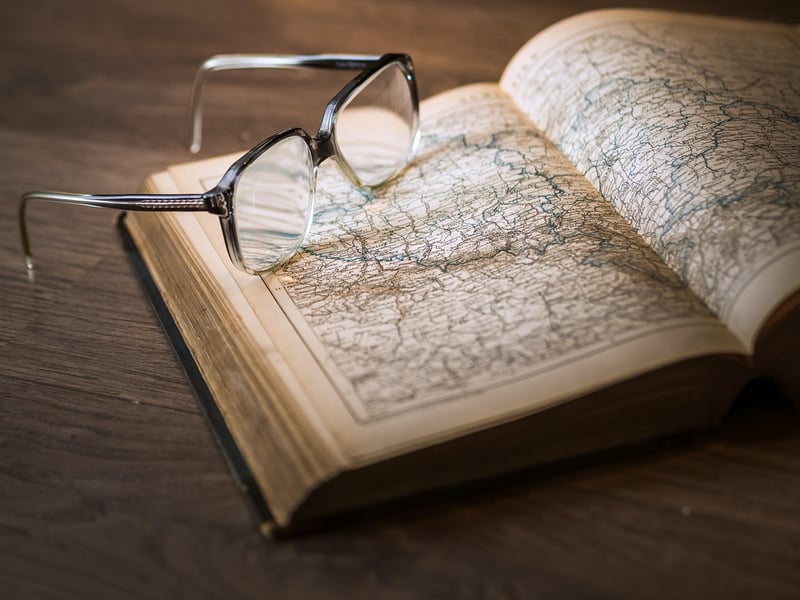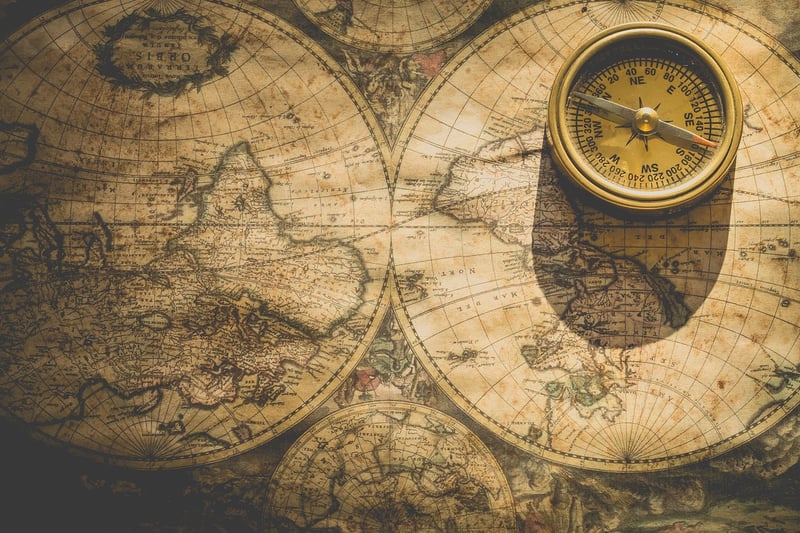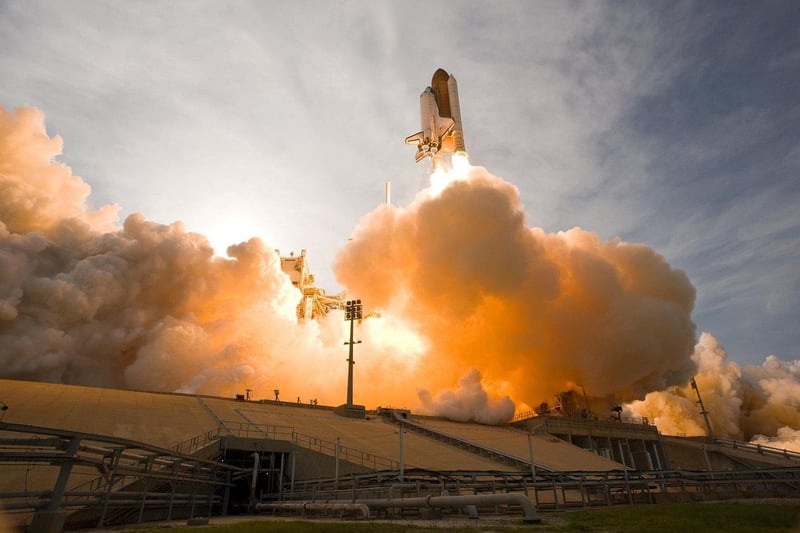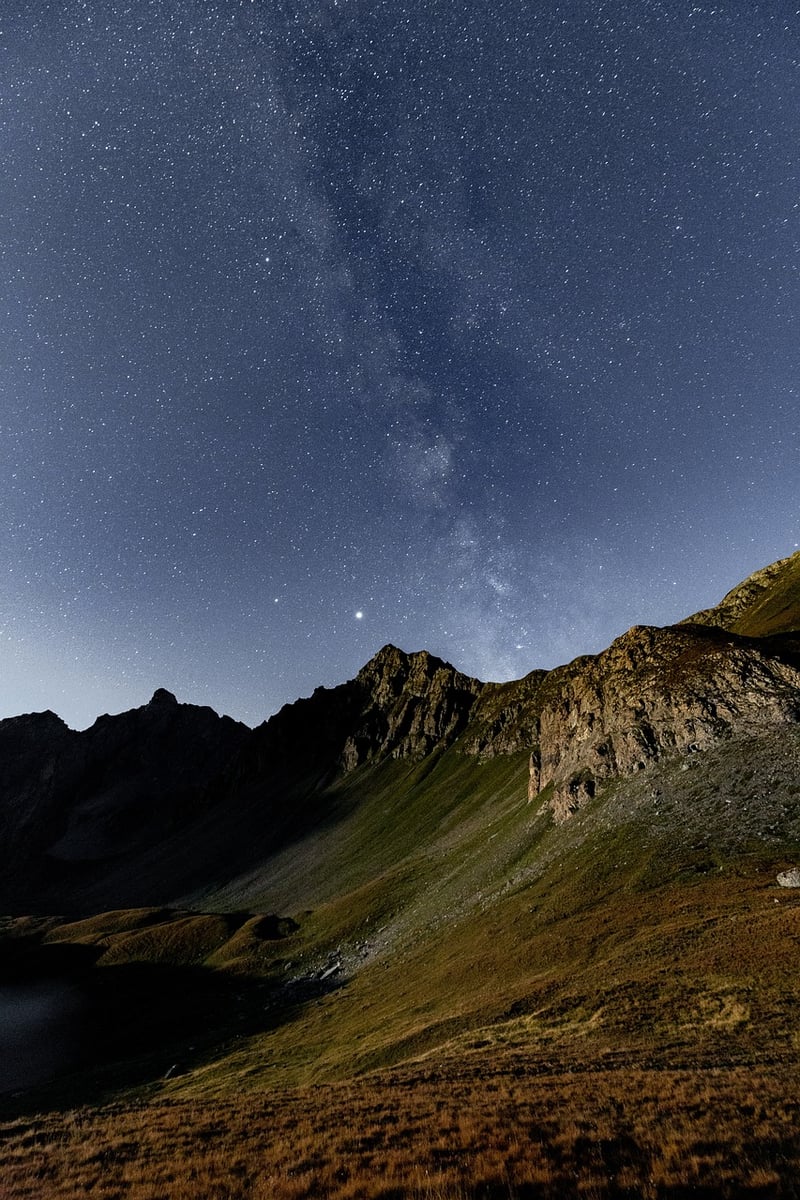Future Exploration
Exploring Different Eras and Future Exploration
Introduction
Exploration has been a fundamental aspect of human history, shaping our understanding of the world and beyond. From ancient civilizations to modern space exploration, each era has brought new discoveries and challenges. Let's delve into the exploration of different eras and speculate about the future of exploration.
Ancient Exploration
Ancient civilizations like the Egyptians, Phoenicians, and Greeks were early pioneers of exploration. They navigated the seas, established trade routes, and mapped territories, laying the groundwork for future discoveries.
Image of Ancient Exploration:

Age of Discovery
The Age of Discovery in the 15th to 17th centuries saw European explorers like Columbus, Magellan, and Vasco da Gama embark on voyages to find new trade routes and lands. This era led to the first global connections and exchanges between continents.
Image of Age of Discovery:

Modern Exploration
Advancements in technology in the 19th and 20th centuries propelled exploration to new heights. From the depths of the oceans to outer space, humans have reached places once thought unreachable, expanding our knowledge of the universe.
Image of Modern Exploration:

Future Exploration
The future of exploration holds exciting prospects, from deep-sea exploration to Mars colonization. With advancements in robotics, artificial intelligence, and space travel, we are on the brink of new discoveries that will redefine our understanding of the universe.
Image of Future Exploration:

Conclusion
Exploration has been a driving force behind human progress, pushing the boundaries of knowledge and expanding our horizons. By reflecting on the exploration of different eras and looking towards the future, we can appreciate the journey of discovery that has shaped our world.
